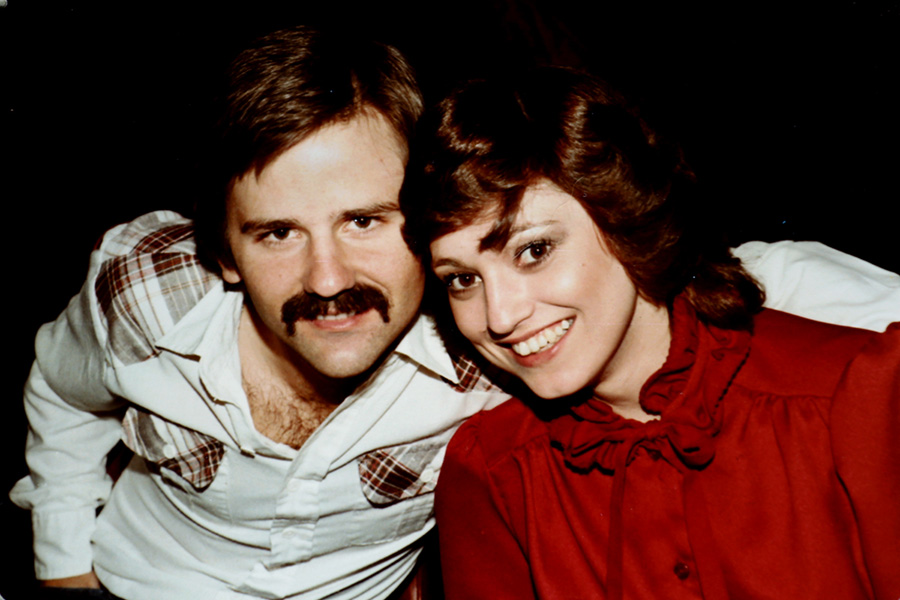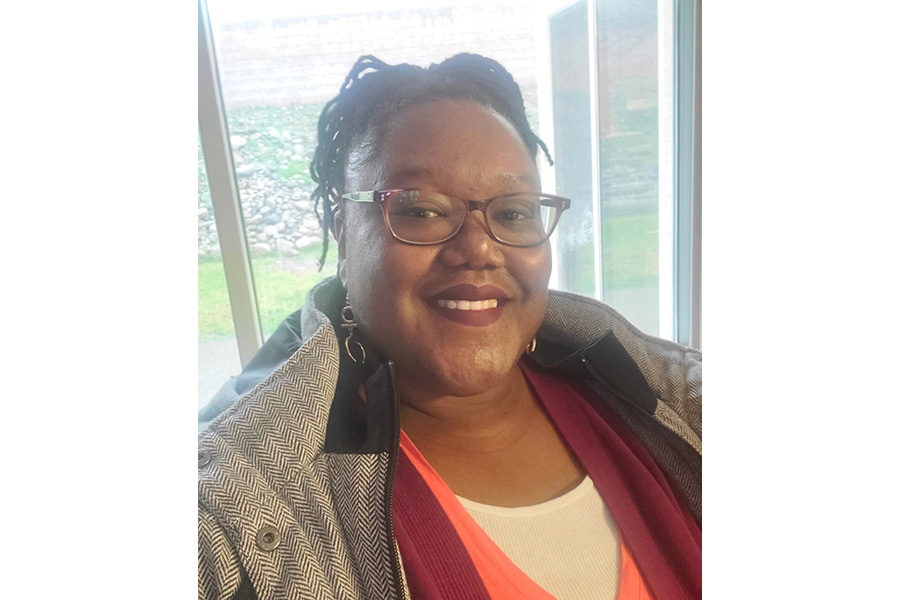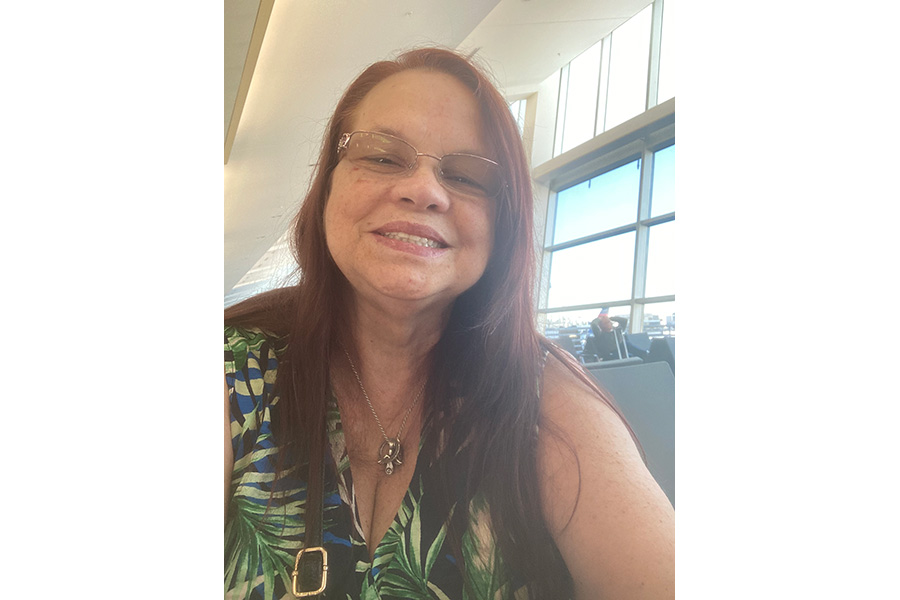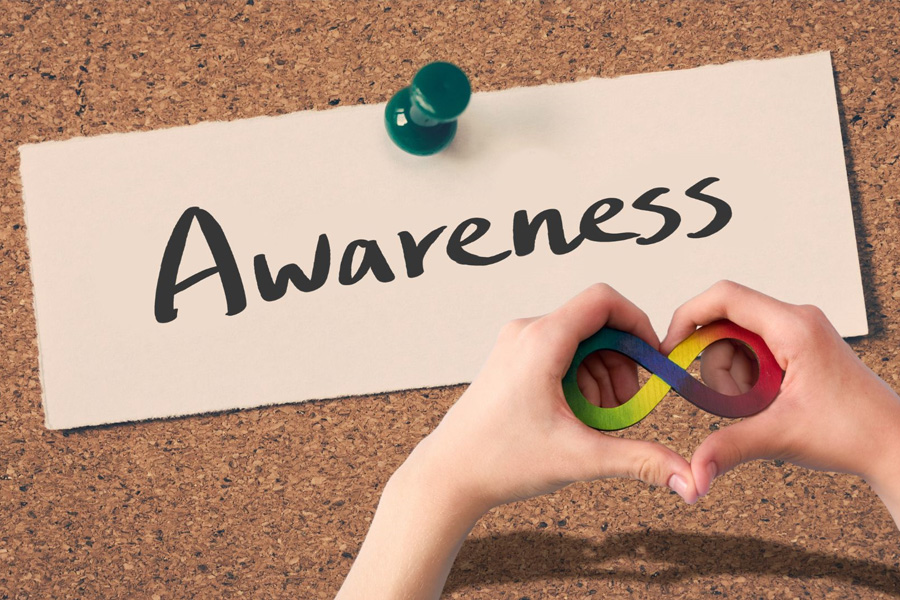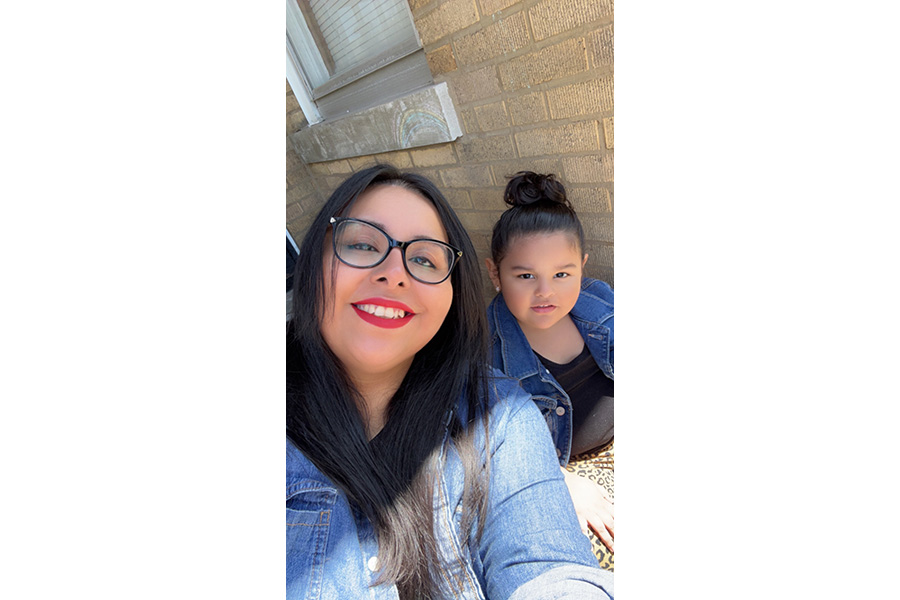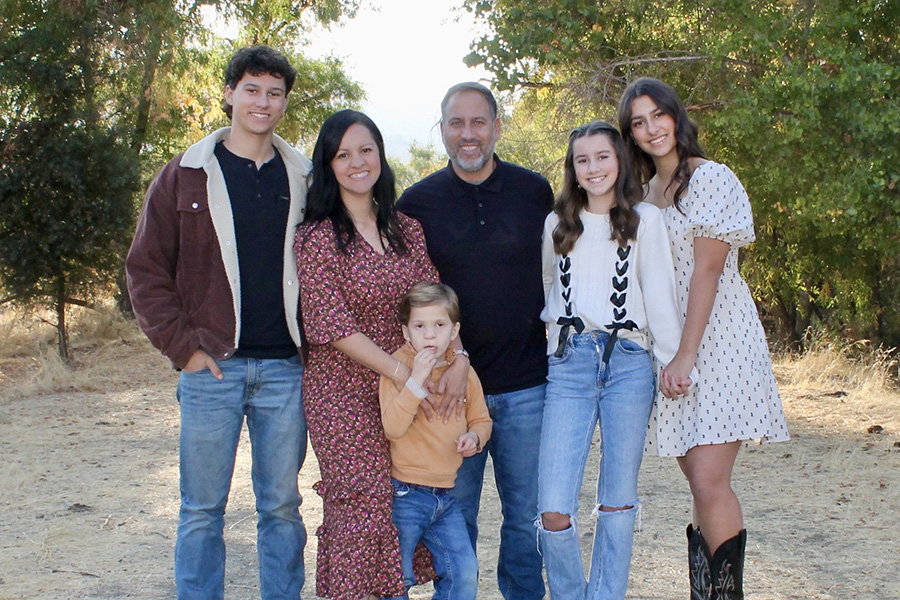If you were to sit down to coffee with parents of kids with complex medical or developmental needs, at some point the conversation would turn to the advice we get. The more complex the child’s needs, the more frequent the advice. One might think that having so many people offer up their good ideas would be a godsend, but in reality, it’s a pretty big frustration for many of us.
We’ve Got it Covered
You see, my son Ben has a constellation of medical and developmental diagnoses. Perhaps there’s someone out there who has the same list he does, but I have my doubts. We have over 10 medical specialists that give him care, each of whom has been to college, medical school, done a residency, and a fellowship in their area of expertise. We see each of them at least once, and sometimes up to 6 times a year, and often email and call them on the phone in the meantime if issues arise.
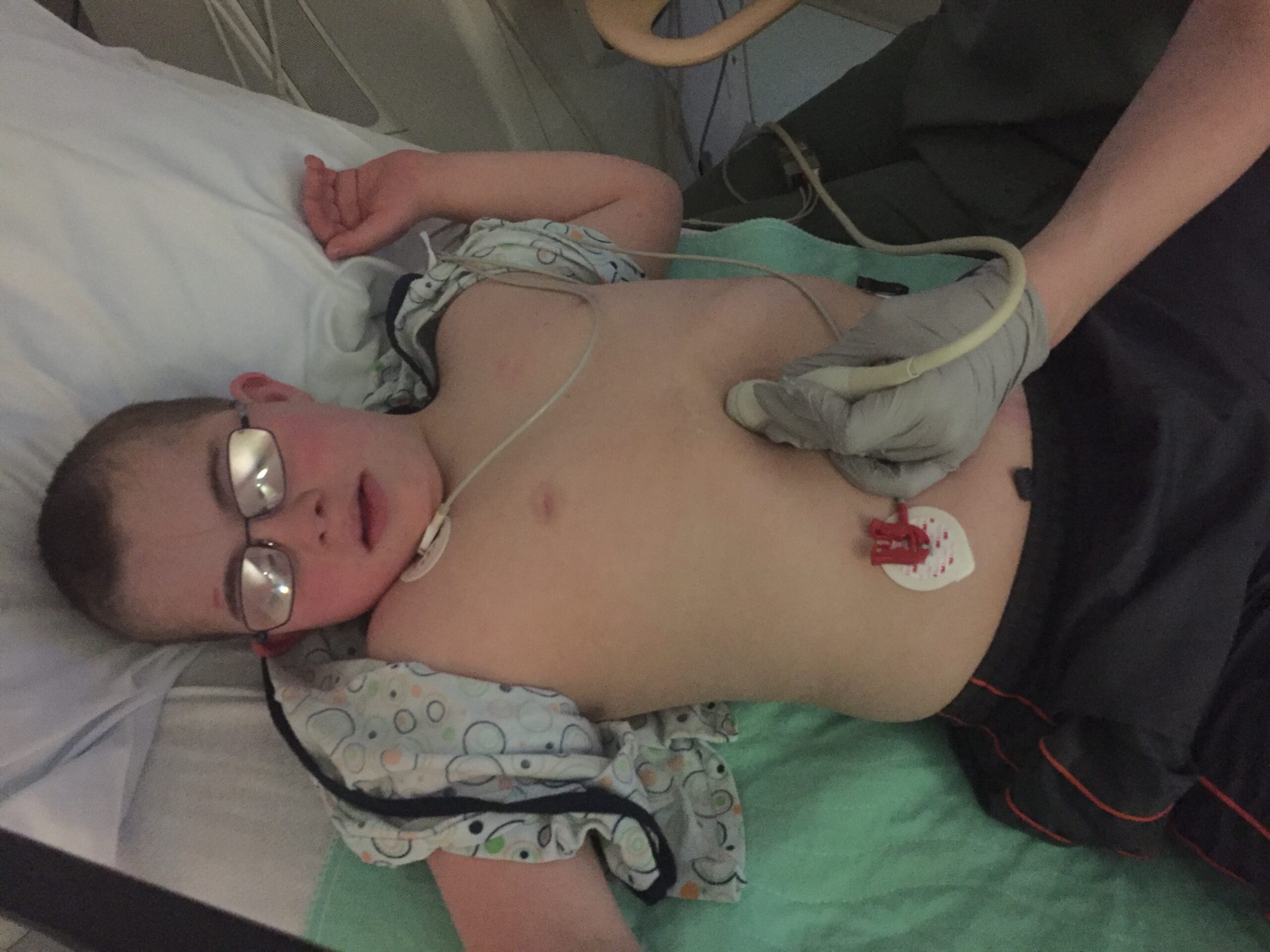
My first responsibility to my child is to listen to these people who have extensive knowledge about each specific diagnosis he has. If any advice doesn’t jive with orders from the doctors, we must defer to the experts, sometimes it’s a life or death matter. We also have teachers, speech pathologists, occupational and physical therapists on our team, all of whom have worked extensively with us and have experience with other children like mine. They offer solutions specific to our situation based on their wealth of knowledge both of our situation and of similar situations they’ve addressed in the past.
In addition to the professionals, we have quite the cadre of complex parents to whom we can turn when we have questions. Whether by text, social media, or a phone call; I know exactly who to ask for each of our tricky issues. Our doctors have loads of education, but these parents have the first hand experience in the day in and day out of caring for complex medical and developmental needs, so when I need that mom to mom advice, that’s where I turn.
The funny thing is, my fellow complex parents are usually the last to offer advice, perhaps because they can grasp all the nuances that go into parenting children like ours.
We’ve Probably Heard it Before
Alas, I’m sure that you see our challenges with our children and want to help. You’re probably a great parent, and have some pretty slick tricks up your sleeve, so of course you want to share them. I know your intentions are stellar, but your advice, it’s just that it isn’t new to us. Your suggestions we have heard before. So I hate to say it, but you aren’t helping us. In fact, when you take my time and offer suggestions that aren’t useful, you’re doing something that makes you feel better and me feel worse.
As a friend recently told me, “Unsolicited advice is usually heard as criticism.” That’s right, you think you’re being helpful, but your help translates into criticism, even though I doubt that you mean it that way. At the very least you’re assuming that you know how to handle our situation better than we do, and that stings.
How to Help
Most people want to lend a hand to a family living with complex medical and developmental situations, so if those of us in those shoes don’t want advice, what can our loved ones do?
Most of the parents I’ve spoken with who are weary of advice just want to be accepted. We want you to assume the best of us; that we know what we’re doing and are doing the very best we can to make excellent decisions and give great care to our child.
If it doesn’t appear to you that we are doing everything we should, then instead of advice, offer us respite, help or support. Sometimes burnout hits hard and we struggle to keep up with the needs of our family. If that’s the case, advice won’t help, we might just need a breather before we hit the ground running again. Encourage us when you see us diligently doing the right thing, and validate our judgement and efforts. Most of all, we want you to accept us as we are. You cannot “fix” our child or his challenges, but you can walk this path with us, that’s really all we want or need.








